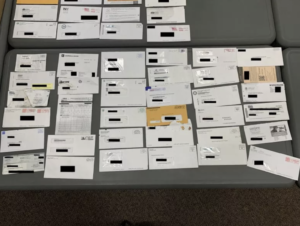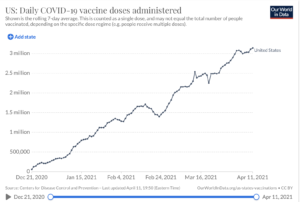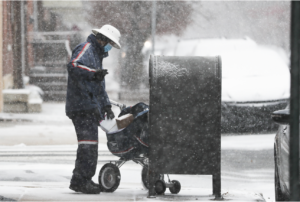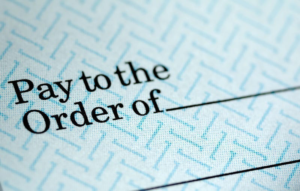Blog Post
“Wonder when I’ll get my stimulus check? Unfortunately, some Washington state residents are out of luck for a while. They are being warned to be diligent about monitoring mailboxes after police found more than 100 pieces of stolen mail — including some stimulus checks — in a vehicle in Olympic National Park.
Read MoreScammers often flatter targets into submission Social media offers a buffet of possible targets In this case – a happy ending! One thing that can be said for fraudsters is that they know how to take advantage of human nature. The Los Alamitos-Seal Beach Patch reported recently on an enterprising “photographer” who used Instagram to…
Read MoreNew and innovative payment rails — the payment platforms or a payment network that moves money from a payer to a payee — are designed to bring some of the biggest legacy pain points of the financial services industry down to size. Fast, smooth passage of funds is a plus for all sides of a transaction.
Read MoreThe good news is this: COVID vaccinations are becoming easier and easier to get for more and more people in the United States. Many states are opening up vaccinations to the general public after early limited availablity, making it possible for anyone to get vaccinated against the COVID-19 virus and (so far) its variants. As more and more people get immunized, we head toward “herd immunity” and — dare we hope? — normal life again. As of mid April, half of all US adults will have been vaccinated.
Read MoreWhile it would be nice to hear that the goal pandemic has slowed down scammers much like it has impacted above-board businesses of all kinds, the opposite is unfortunately true. The FBI has seen more complaints over the last year than years prior. As reported at KimKomando.com, The FBI’s Internet Crime Report annual release has revealed a shocking scope of online scams in the 2020 version. The FBI logged 791,790 complaints in 2020 — that’s 300,000+ more than in 2019.
Read MoreThe Financial Crimes Enforcement Network (FinCEN) recently issued an advisory to banks that outlined fourteen red flag indicators to be on the lookout for (and report) related to pandemic related economic relief payments. “Advisory on Financial Crimes Targeting COVID-19 Economic Impact Payments” is based on FinCEN’s “analysis of COVID-19-related information obtained from Bank Secrecy Act (BSA) data, public reporting, and law enforcement partners.”
Read MoreWith the third round of stimulus checks being distributed at the time of this article, there is a question many are pondering: Have we learned our lesson? Here’s where the numbers get really frightening: The Labor Department inspector general’s office is estimating that more than $63 billion has been paid out improperly through fraud or errors – roughly 10% of the total amount paid under coronavirus pandemic-related unemployment programs since March.
Read MoreIn the pandemic era, with relief checks being mailed regularly, there is growing concern over the fact that these documents are being transported via fairly low-security boxes on street corners.
The Philadelphia Inquirer reports that fraudsters have begun to look upon mailboxes as buffet lines for scams: “The thieves have been stealing checks, forging signatures, and amassing personal information from the mail to commit identity theft, according to interviews with victims, Philadelphia police, and postal sources. Of the more than a dozen victims The Inquirer has interviewed, the total funds stolen over the last three months amounts to at least $100,000. Multiple individuals had more than $15,000 stolen. The speed and breadth at which the thieves are compromising the mail, and the lack of any physical damage to the structures, suggests they may have keys to the boxes, law enforcement and postal experts say.”
Read MoreAFS Positive Pay is a new product being rolled out by Advanced Fraud Solutions (AFS). The new product looks to advance the capabilities of a traditional positive pay solution by assisting financial institutions (FIs) and enterprise customers examine the changes in payments information to prevent fraud. As reported on PYMNTS: AFS Positive Pay will allow FIs and businesses to monitor payments and receive immediate notices when payment information from vendors, including routing numbers, account information or amounts, doesn’t correctly correspond, the release stated.
Read MoreLexology recently released their Economic Sanctions and Anti-Money Laundering Developments: 2020 Year in Review report, examining economic sanctions and anti-money laundering (“AML”) developments and trends in 2020 as well as a look at the year ahead under the new Administration in Washington.
Read More








